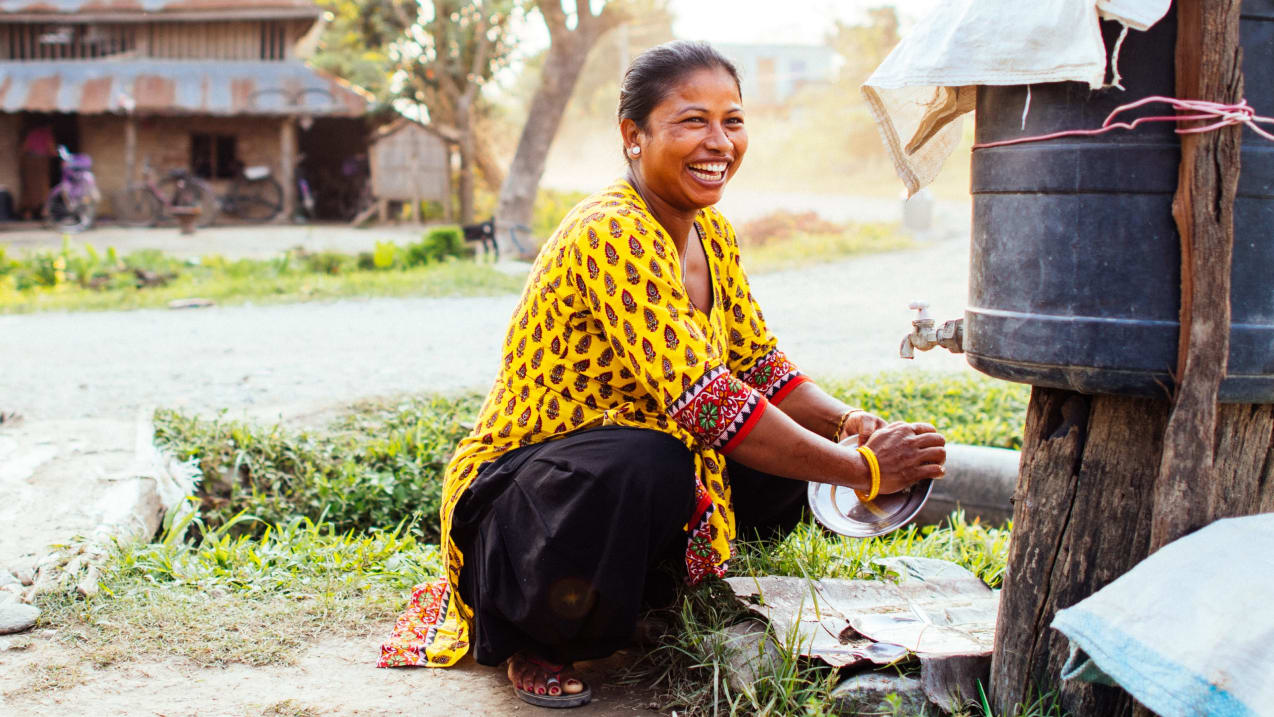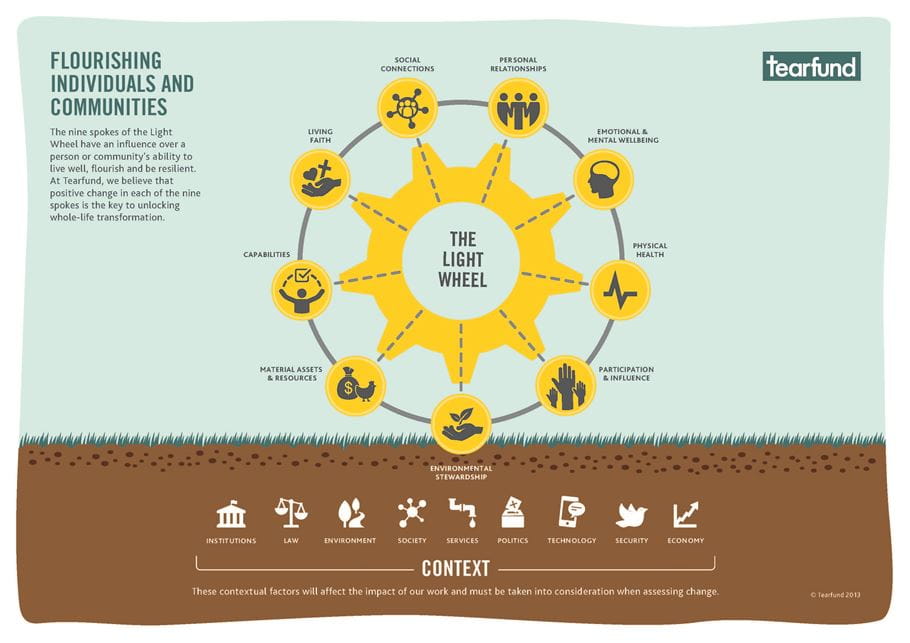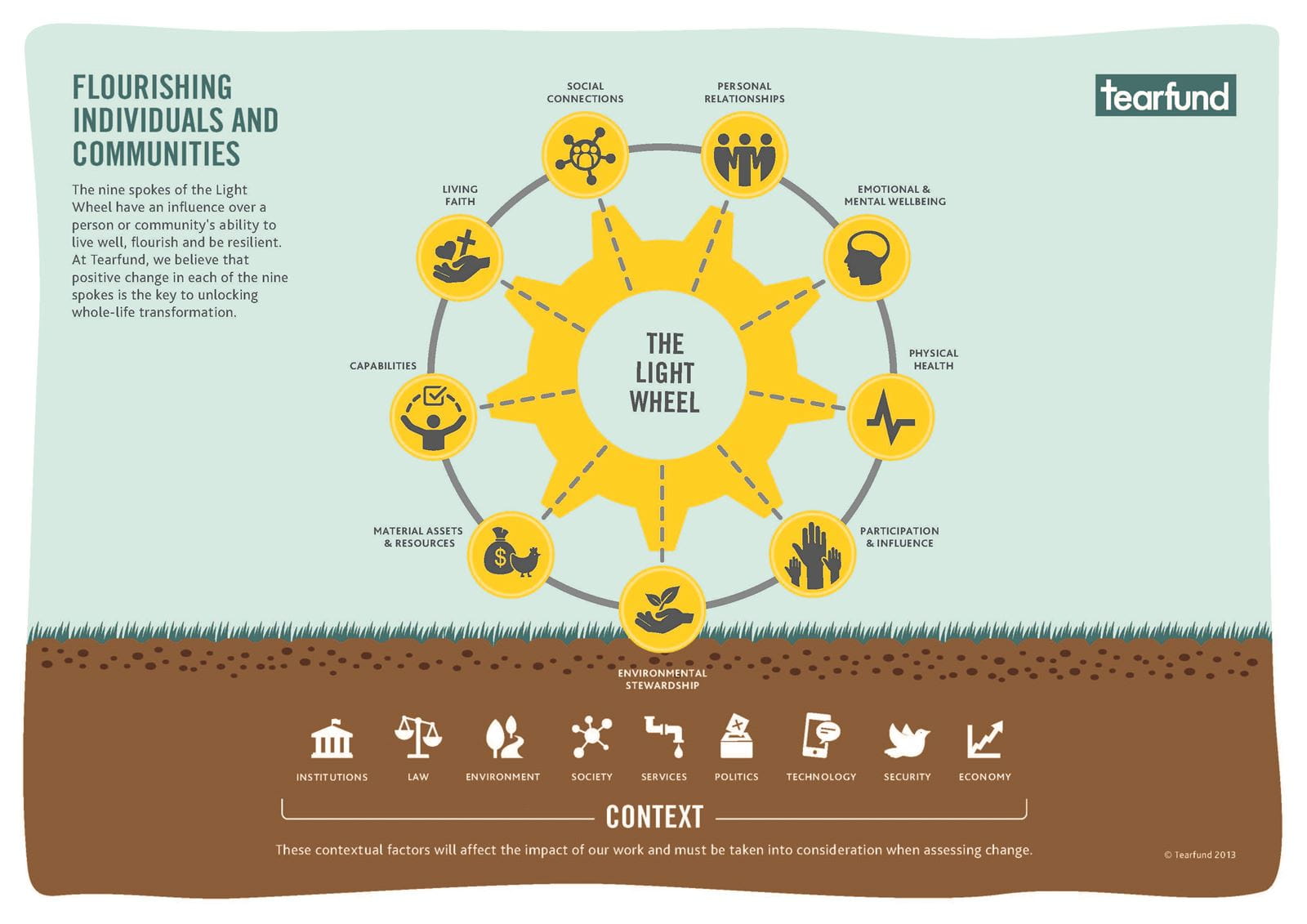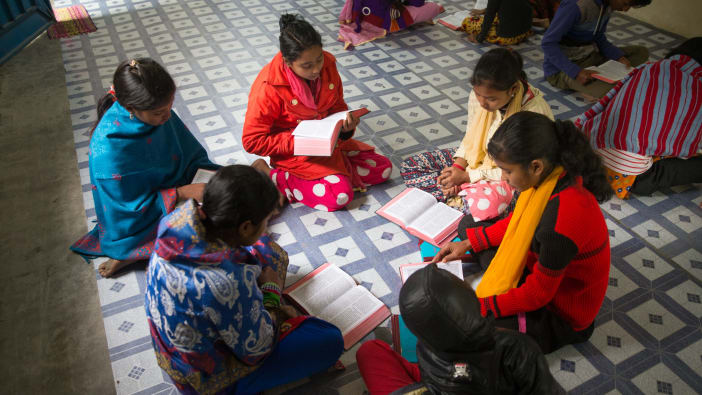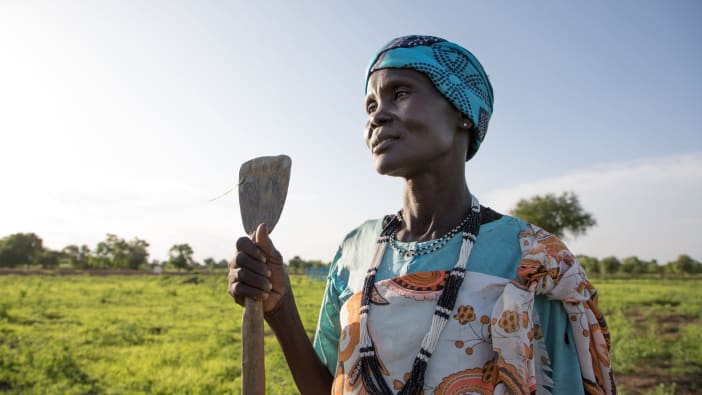When we and our partners evaluate our work, we identify, reflect upon and judge the worth of what has been achieved in a community through our intervention. This helps us to demonstrate that we are using the resources that are given to us wisely. And it equips us to learn lessons for future projects, so that we can be continually improving and increasing the worth of the work that we do. Evaluating our work is vital for both accountability and learning.
Evaluations
Every project supported and delivered by Tearfund and our partners is subject to an evaluation. We consult beneficiaries of the project, as well as other stakeholders, in order to assess the following:
- effectiveness – to what extent it achieved its aims
- efficiency – how well time and money were used
- relevance – to what extent it met the actual needs of beneficiaries
- impact – including any unintended consequences
- sustainability – how the impact can continue when funding ends
Search for evaluations of Tearfund’s work
The Light Wheel
Tearfund’s Light Wheel tool helps us to describe the holistic change we want to see through our work in a practical way. We believe that transformation in each of the Light Wheel’s nine aspects of well-being is the basis for a full and flourishing life.


